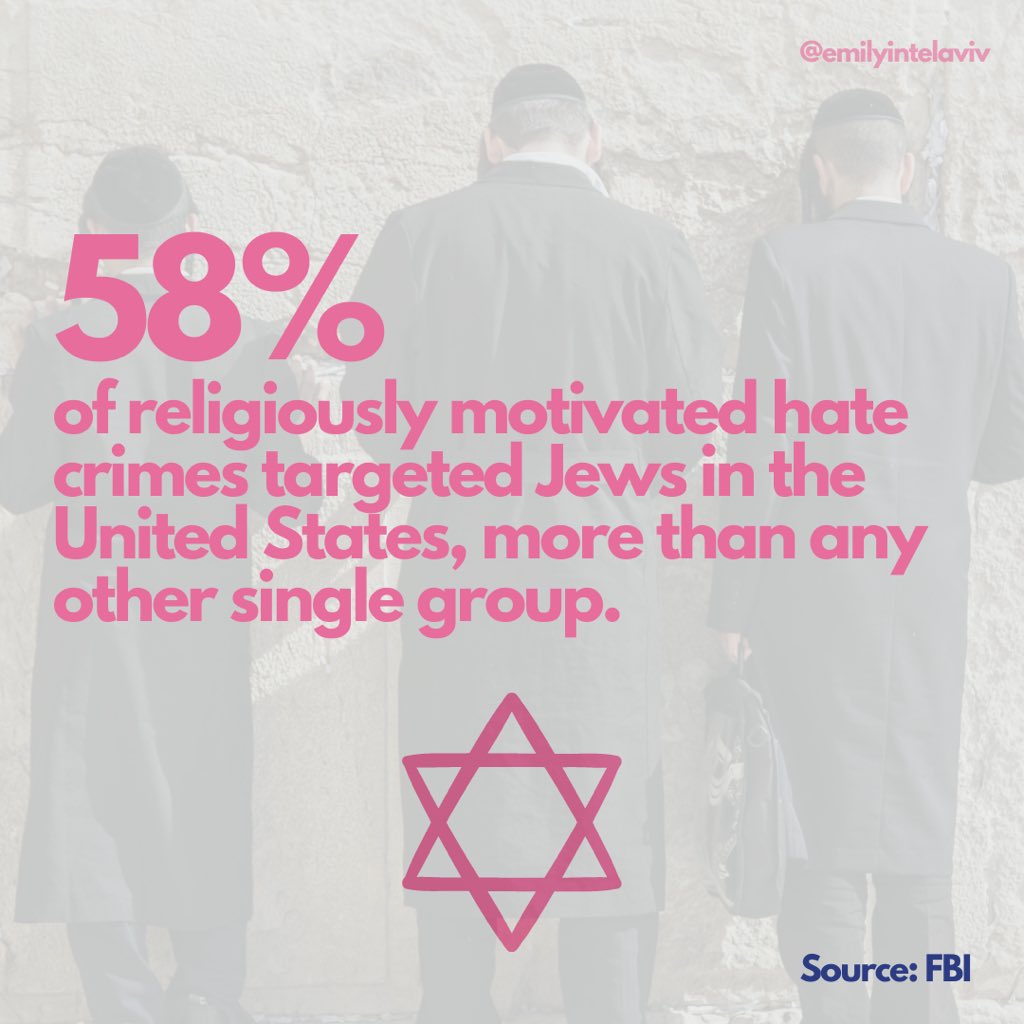Should’ve Kept Those Jews
The results, though, were arguably much worse for the expellers than the expelled. The journalist Lucette Lagnado, who herself fled with her family from Egypt, described what happened as a “cultural Holocaust.” The Jews were often multilingual business owners, with ties to Western countries and economies. The Jews had made Arab societies more open, and their departures brought with them significant losses in human capital and connectivity to the rest of the world, with damaging consequences for Arab economic development.Melanie Phillips: When lunatics control the academic asylum
Another nation that lost out because of how it treated its Jews was the Soviet Union. The Communist regime mistreated, discriminated against, and imprisoned its Jews, leading them to clamor for expatriation. The era of glasnost and the fall of the USSR led more than 1 million Jews to leave in the late 1980s and 1990s for Israel, where they have helped create Israel’s “Startup Nation” economic miracle. Israeli tech leaders with Soviet origins include Demisto’s Slavik Markovich, Twistlock’s Dima Stopel, Luminate Security’s Leonid Belkind, Guardicore’s Pavel Gurvich, and Lightricks’s Zeev Farbman. Another Soviet Jew, Sergey Brin, came to America and cofounded Google.
Even North America, for all the benefits it has provided its Jews, is not immune to this negative development. In the 1970s, Canadian Jews, wary of the Québécois movement and its less-than-friendly attitude toward Jews, left Montreal for Toronto. An estimated 10,000 Jews decamped from Montreal to Toronto from 1976 to 1985. They weren’t the only ones. Many non-Jewish Anglophones left, too, and a number of major financial institutions relocated as well. The institutions did not openly admit that the Québécois challenge led to their moves, but the reason for the Jewish migration was clear. As the late political scientist Stephen Clarkson wrote in Uncle Sam and Us: Globalization, Neoconservatism, and the Canadian State, “no one denied that Montreal lost a large part of its anglophone, and particularly its Jewish population which emigrated westward to what they felt were politically safer sites.” Toronto has surpassed Montreal in population and GDP and is now Canada’s leading city.
Despite the problematic recent rise of anti-Semitic violence, America today is clearly nowhere near emulating these previous examples. Yet, as the Canada experience shows, Jews are willing to move not only between nations but within nations if they feel the need. The three states with the largest Jewish populations at the start of the twentieth century were New York, Pennsylvania, and Illinois. New York remains at the top, but California and Florida are now second and third, respectively. These shifts came largely because of the attractions of better weather and economic opportunity, but future shifts could result from more negative reasons. Should Jews feel unprotected in urban environments where public officials don’t take anti-Semitic incidents seriously, they might begin leaving those areas for more welcoming places.
The new hate crimes figures, as well as the recent and insufficiently denounced anti-Semitic incidents, are worrisome to the Jewish community, and should be disturbing to the nation as a whole. America’s Jews will continue monitoring the situation closely. It doesn’t take concentration camps or expulsion orders to send Jews looking for happier pastures. All that’s needed is for a government and its police forces to look away as Jews get attacked in the streets. We should all hope that the day never comes when the U.S. has to say, as other countries said before it, “We should have kept those Jews.”
The vicious doctrine of “intersectionality,” which links different categories of “victims” together and demonises their purported “oppressors” such as white people, men or those who believe in biological differences between men and women, also targets Zionism and the Jews.People Love Dead Jews
Those who support Zionism often find themselves “cancelled.” That’s because the Marxist dogma of identity politics divides people into powerful and powerless according to crude economic or political status.
Consequently, tiny, besieged Israel is viewed as a white oppressive country (even though the majority of its people are brown or even black-skinned) simply because it’s considered a western nation, has a powerful military (albeit solely for its defence) and is supported by America. So on account of these supposed “crimes,” its supporters are targeted for vilification, too.
Andrew Pessin, a philosophy professor at Connecticut College and a Jew, experienced this in 2015 when he was falsely accused of having dehumanised the Palestinians by supporting Israel during its 2014 war with Hamas in the Gaza Strip. Branded a racist peddling “hate speech,” he was subjected to death threats and antisemitic abuse and forced to take medical leave from teaching for two years.
Now he has fashioned his experiences into a literary weapon in Nevergreen, a sparkling and savagely satirical novel about campus “cancel culture”.
The book is set in the ultimate “woke” environment of Nevergreen, a college situated on a remote island. The name alludes to an infamous event in 2017 at Evergreen State College in Olympia, Wash.
A biology professor there, Bret Weinstein, was hounded out of his post after he objected to the college asking white students to absent themselves for a day to attend a course on race issues. Like Pessin, Weinstein was physically intimidated and not allowed to defend himself against the accusations made against him.
In late 2019, antisemitic terrorists murdered three people at a kosher market in Jersey City. The killers, who had a large stock of explosives in their van (enough to destroy an area the size of five football fields, the police said), likely intended to bomb the Jewish school below the market.
Much of the news media addressed the Jersey City slaughter from a blame-the-victims angle. Dara Horn, in her new book, People Love Dead Jews: Notes from a Haunted Present, remarks that “The ‘context’ provided by local news outlets after this attack was breathtaking in its cruelty. As the Associated Press explained in a news report about the Jersey City murders that was picked up by NBC and other news outlets, ‘The slayings happened in a neighborhood where Hasidic families had recently been relocating, amid pushback from some local officials who complained about representatives of the community going door to door, offering to buy homes at Brooklyn prices.’”
Horn comments, “Like many homeowners, I too have been approached by real estate agents asking me if I wanted to sell my house. I recall saying no, although I suppose murdering these people would also have made them go away.”
The attackers were not from Jersey City, and in fact there was little ethnic tension there, according to both Black and Jewish residents. Looking back at media reports from other recent mass slayings like the 2016 Orlando nightclub massacre or the 2015 mass murder at a Black church in Charleston, Horn could locate no similar efforts to contextualize the acts of other terrorists—nothing, for instance, about “how straight people in Orlando ... were understandably upset about gay couples setting up shop in the neighborhood and disrupting their ‘way of life.’”
“Presenting such analysis as a hot take after a massacre,” Horn concludes, “is not only disgusting and inhuman, but also a form of the very same hatred that caused the massacre.” Where Hasidim are concerned, the root cause of antisemitic bloodshed becomes, just like in the old days, “Jews, living in a place!”
This is Dara Horn at her acerbic best. You couldn’t ask for a cleaner and more devastating swipe at the journalistic double standard that treats Hasidic Jews as, well, not particularly human, though perhaps useful “as a warning—because when Jews get murdered or maimed, it might be an ominous sign that actual people, people who wear athleisure, might later get attacked!”










































.jpg)





